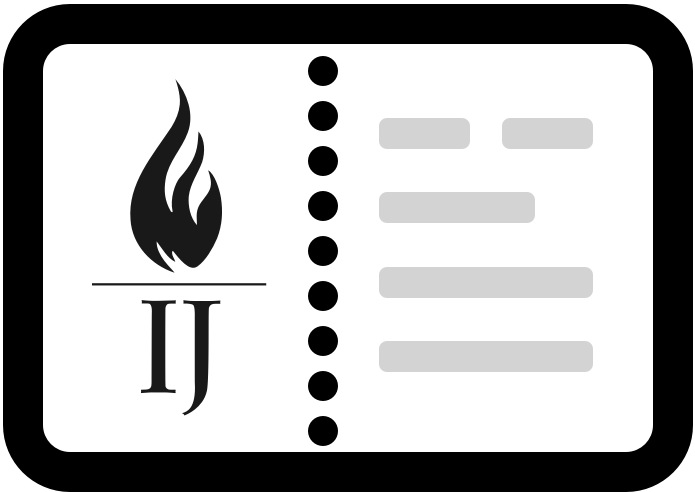Foreword
When you were a child, did you ever set up a lemonade stand? Drum up snow-shoveling jobs after a big storm? Walk your neighbors’ dogs? From an early age, you learned that entrepreneurship leads to productivity, self-fulfillment and a sense of accomplishment. And when your neighbor set up a similar stand or offered to shovel snow or walk dogs, you learned that competition prompted you to sharpen your skills and perform these jobs better. Entrepreneurship and the competition it drives are fundamental organizing principles of a strong economy. Consumers stand willing to pay for a variety of services. Ideally, when entrepreneurs are free to market their skills, a steady supply of service providers will step up to compete on terms of price, quality, convenience and innovation. Workers gain job opportunities and the ability to provide for themselves and their families. Employers get a strong labor force. And consumers, of course, reap the benefits of vigorous competition.
Unfortunately, as we grow up, we discover a difficult truth: The American marketplace does not always live up to this ideal. In far too many situations, state and local governments impose unnecessary occupational licensing regulations that stifle competition, thwart innovation and threaten economic liberty—causing real harm to workers, employers, consumers and our economy as a whole. In far too many situations, licensing serves no legitimate purpose because it does not protect against a valid health or safety concern. Instead, it only protects incumbents from competition.
The burdens of excessive occupational licensing often fall disproportionately on our nation’s most economically disadvantaged citizens—those working in entry- and mid-level jobs, seeking to pull themselves up the economic ladder. And even in professions where licensing makes sense, a lack of license portability across state lines poses another set of challenges, causing particular hardships for military families and others who move often.
The problem of excessive occupational licensing is compounded by what I call the “Brother, May I?” situation.1 Too often, the members of an occupation gain effective control over the quasi-public board that regulates their profession. Once this happens, private actors wield their government-granted power to block potential competitors from entering “their” market.
Throughout my career, and especially as a Commissioner of the Federal Trade Commission, I have highlighted the burdens of excessive occupational licensing. Time and time again, I have called for meaningful occupational licensing reform, often citing the Institute for Justice’s original May 2012 License to Work report to back up my arguments.2 The FTC and its staff have long utilized the agency’s full range of competition advocacy and enforcement tools to promote a more sensible approach to licensing.3 When President Trump designated me to serve as Acting Chairman of the FTC in January 2017, my first major initiative was to establish the FTC’s Economic Liberty Task Force to focus on occupational licensing issues.4
The Task Force has already succeeded in amplifying a critical message: U.S. consumers and employers will be better off if we seek less restrictive alternatives to licensing whenever possible. This second edition of License to Work could not have come at a better moment for our nation, and I am deeply grateful to IJ for pursuing this project. Together, we can ensure that occupational licensing reform continues to gain traction and attention across the country.


